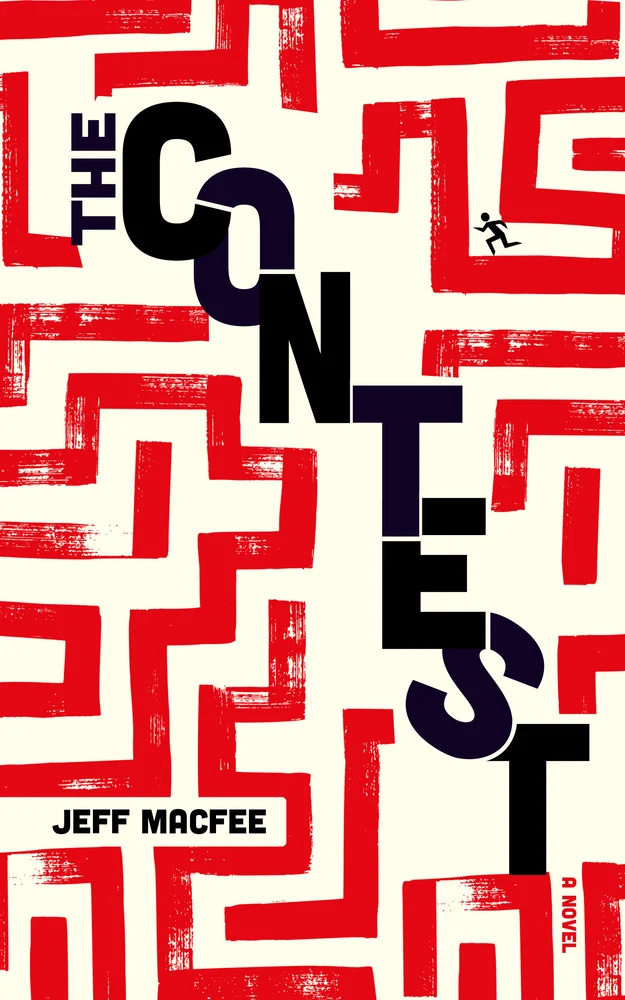Jeff Macfee's 'The Contest' and Exploring the Narrative as Puzzle
It's like a darker Disneyland in there.
I was lucky enough to read Jeff Macfee’s new thriller, ‘The Contest,’ a few months before release. The book mostly takes place in a theme park named Miscellany, famous worldwide for its games and puzzles. A former child prodigy named Gillian Charles, down on her luck, is hired to figure out who’s leaking Miscellany’s secrets. Along the way, there’s a solid dose of death and deceit and mind-benders, but the narrative is more than that—as Gillian progresses, the story mutates into a fascinating exploration of loss, comebacks, and reckoning with one’s past obsessions and doubts.
The book plays a bit like ‘Willy Wonka and the Chocolate Factory’ updated for our ultra-vicious capitalist times, or maybe a somewhat darker take on Disneyland. If you’re a writer, particularly one who focuses on thrillers, it’s well worth reading for how Macfee utilizes puzzles to express Gillian’s emotional arc at that moment; if you’re a reader, it’s a fun ride. I asked Macfee a few questions about the book’s o…
Keep reading with a 7-day free trial
Subscribe to Ink-Stained Wretch to keep reading this post and get 7 days of free access to the full post archives.


